Friends and neighbors,
Here are a few updates on what’s been happening in Olympia:
46th LD Town Hall Recap
On Thursday evening March 20th, your 46th Legislators (Senator Valdez, Rep. Farivar and I) held an online town hall. If you couldn’t join us, you can rewatch it here.
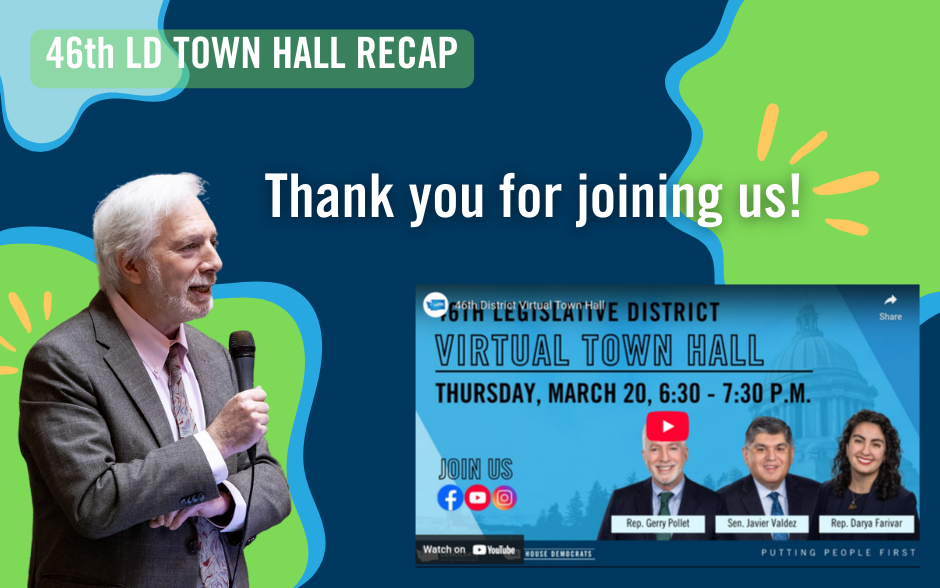
There were many questions we couldn’t get to. My Saturday morning traveling town halls offer the opportunity to ask follow-up questions and discuss issues in greater depth along with other neighbors. I share info about those Saturday town hall opportunities on my Facebook page and here in my e-newsletter. Stay tuned!
Supporting Tribal Sovereignty
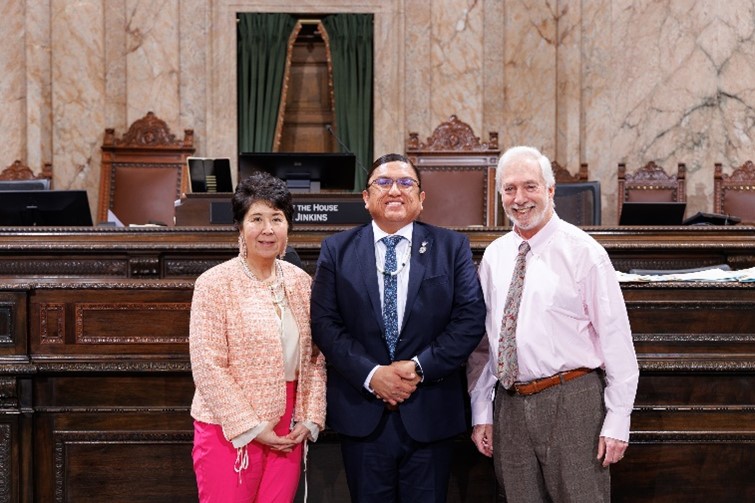
On March 7 I joined Representative Debra Lekanoff in welcoming Yakama Nation Tribal Council Member Jeremy Takala to the Washington House. Council Member Takala, Representative Lekanoff and I discussed our work to ensure that our state and local governments respect Tribal sovereignty and my legislation to ensure Tribal cultural resources (including traditional food plants) are not destroyed by projects or timber sales.
Revenue, Budget and School Funding:
Recently, the state’s budget deficit grew worse by nearly $900 million in the latest revenue forecast. We have to adopt a budget that is balanced both for the next two years and four years. The deficit for “maintenance level” – just funding existing programs at current levels with inflation – is about $12 billion for the upcoming biennium. At the same time, our schools, including Seattle Public Schools, must have increased support to not fail our children and to stay out of the equivalency of bankruptcy.
Ending the ‘Cap’ on Special Education Funding
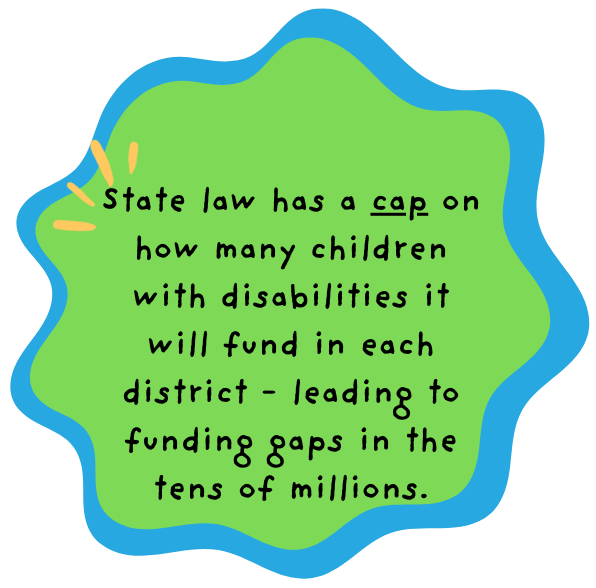
The biggest driver of our school districts’ deficits is the state’s failure to provide educational opportunity and necessary services for our children with disabilities who qualify for special education. For Seattle, the Legislature’s failure to fund special education accounts for about 75% of the district’s deficit.
To resolve legislators’ doubts over school districts’ claims about the state not funding special education, the Legislature funded an audit I requested by the Legislative Auditor (“JLARC”) to report back before the start of this session. The JLARC audit found that the state left districts having to fund $590 million of legally required special education – which is ‘basic education” – out of local school levies.
One of the most outrageous civil rights violations for our children is that state law continues to have a cap on how many children with disabilities that the state will provide funding for in each district.
Based on work I did with districts across the state and the Superintendent of Public Instruction, I introduced the first legislation to address each of the root causes of the special education funding gap, including renewing my effort to end the “cap.” The model from my bill has been incorporated into Senator Pedersen’s SB 5263, which has passed the Senate and would add nearly $1 billion for special education in the coming biennium.
Simply Cutting Won’t Work – We Must Raise Revenue
An investment like this in our children’s education can only be made if we adopt significant new progressive revenues. Indeed, many of the cuts to close a $12 billion deficit without revenues will lead to people dying and increasing homelessness: we would have to eliminate Medicaid services that are not required by the federal government such as outpatient kidney dialysis, mental and behavioral health. Nearly half of our state’s children receive health care through our Medicaid expansion Apple Health.
This is also why the Trump and Republican Congress’ plan to have huge cuts to the budget that includes Medicaid would be so devastating to our children’s health.
I will continue to support a progressive revenue package that would produce billions of dollars by making our tax system more fair and having the wealthiest Washington corporations and individuals paying their fair share for health and education. Unfortunately, many of these new revenue sources, especially the biggest, can’t be implemented soon enough next year to prevent painful budget reductions.
A Fair ‘Wealth Tax’
The largest new progressive revenue source proposed is ending the tax exemption for property taxes on stocks and “intangible investments” worth over $50 million. This “wealth tax” tax would only be paid by about 4,300 wealthy individuals. It generates approximately $4 billion per year starting in fiscal year 2027 for public schools, helping the state uphold its paramount duty with new, increased funding for special education services and the growing daily operating costs of running our public schools.
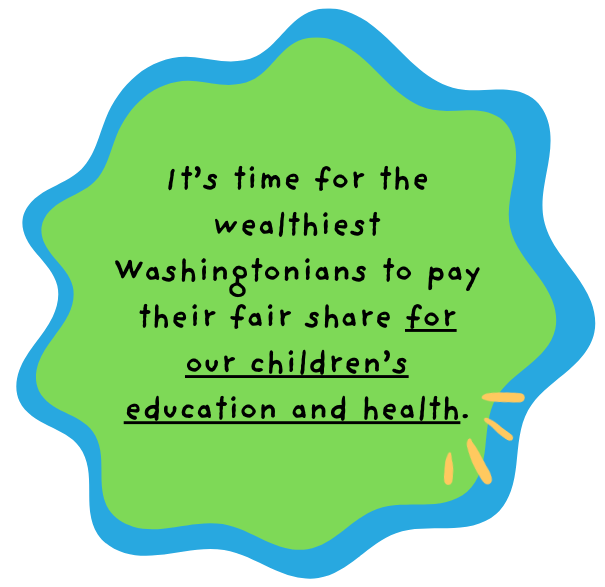
This is a progressive revenue that I have championed since I became a legislator – I first introduced a bill for this in 2013. It’s long overdue to restore fairness. Because it eliminates a tax exemption adopted about 25 years ago, it is relatively easy to implement and start producing revenue in the second year of the biennium.
Making the Property Tax More Fair and Sustainable
Representative Steve Bergquist and I have also combined two bills we introduced to eliminate Tim Eyman’s 1% cap on state property tax revenue growth. The state property tax is the constitutional base for funding our public schools in Washington. Our proposal (HB 2049) would allow revenue to grow taking into account inflation and population growth, capped at 3%. Even with a 3% cap, this would produce hundreds of millions of dollars for schools. Indeed, if this had been adopted five years ago, we would have enough state school funding to have covered special education next year.
HB 2049 will also allow our cities and counties to finally be able to have their base funding for public safety, courts and basic maintenance of roads and buildings to keep up with inflation and population growth – with a 3% cap.
Closing Tax Loopholes
The Senate is also proposing to eliminate 20 other tax loopholes that deprive the state of funding for health and education while benefiting corporate interests. Many of these are tax loopholes that were found by the Joint Legislative Audit and Review Committee (which I have chaired in the past and serve on the executive committee for) to have no positive rationale for state policy other than benefiting powerful special interests. Closing these 20 loopholes would provide about a billion dollars towards closing the four-year deficit. Many of these are loopholes that were targeted in my “Tax Exemption Transparency and Accountability” Act HB 1569.
There is no doubt this is a difficult situation. But these are common sense, sustainable policies that not only address our current fiscal situation but set us up for a brighter future where we are fully funding our children’s educations and ensuring Washington remains an affordable and accessible place to live and raise a family. In this moment, it’s critical that we stick together and pursue policies to support our neighbors and educate our children.
Thank you,
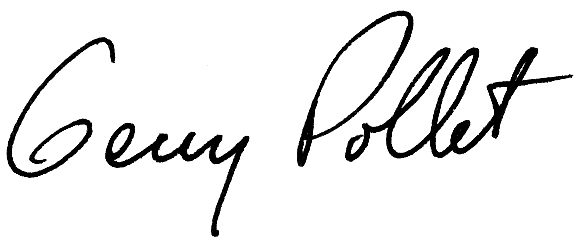
Rep. Gerry Pollet
